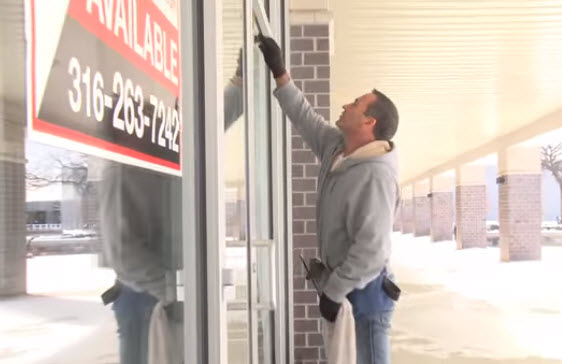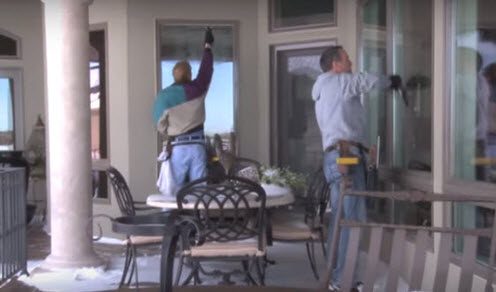Tinted windows, whether in vehicles or buildings, can be damaged by various factors if not properly cared for. Understanding what can harm your tinted windows will help you maintain them better and extend their lifespan.
Here are some common culprits that can damage tinted windows…
1. Abrasive Cleaners and Tools
- Issue – Using harsh cleaning solutions, such as those containing ammonia, or abrasive tools like steel wool, can scratch or degrade the window tint film.
- Prevention – Use a mild soap and water solution or a cleaner specifically designed for tinted windows. Soft microfiber cloths or sponges are recommended for cleaning.
2. Sharp Objects
- Issue – Sharp objects like keys, jewelry, pet claws, or other metal objects can scratch the film if they come into contact with the windows.
- Prevention – Be cautious with sharp objects near tinted windows and educate others about the potential for damage.
3. Improper Installation
- Issue – Bubbles, creases, and peeling can occur if the window tint is not applied correctly, leading to premature damage.
- Prevention – Ensure that a professional installer applies the window tint to guarantee a smooth, durable finish.
4. Direct Sunlight and Heat
- Issue – Prolonged exposure to direct sunlight and high temperatures can cause the tint to fade, crack, or peel over time.
- Prevention – Park in shaded areas or use a garage when possible to minimize exposure. High-quality window tints with UV protection can also withstand sunlight and heat better.
5. Adhesive Residue
- Issue – Stickers or decals placed on tinted windows can leave an adhesive residue that’s difficult to remove and can damage the tint when trying to scrape it off.
- Prevention – Avoid placing stickers on tinted windows. If you must remove adhesive, use a gentle adhesive remover that’s safe for window tints and apply it carefully according to the instructions.
6. Poor Maintenance
- Issue – Neglecting to clean tinted windows regularly can lead to the build-up of dirt and grime, which may eventually cause damage to the film.
- Prevention – Regularly clean your tinted windows with appropriate cleaning solutions and tools.
7. Age and Quality of Tint
- Issue – Over time, even high-quality tints can degrade due to normal wear and tear. Lower-quality tints may degrade more quickly.
- Prevention – Opt for high-quality tinting films known for their durability and longevity. Consider replacing old or damaged tints before they cause issues like reduced visibility or aesthetics.
By being aware of these potential damaging factors and taking steps to avoid them, you can maintain the integrity and appearance of your tinted windows for years to come. Proper care and maintenance, along with choosing quality materials and installation services, are key to ensuring your tinted windows stay looking great and functioning well.





